PGS - Pre Implantation Genetic Screening
Screening Embryos for Healthier Family Futures
At Jaiswal Fertility and Laparoscopy Center, we offer advanced Preimplantation Genetic Screening (PGS) to improve embryo selection prior to implantation. PGS identifies chromosomal abnormalities, helping increase the chances of a healthy and successful pregnancy. This screening is especially beneficial for couples with repeated IVF failures, recurrent miscarriages, or advanced maternal age. Under the expert guidance of Dr. Uma Jaiswal, our skilled embryology team utilizes cutting-edge genetic technology. We aim to provide ethical, precise, and compassionate care to ensure the best outcomes for hopeful parents.
Step By Step Process
Your PGS Screening Journey in Clear Steps
-
Fertility Evaluation & Counseling :
We assess fertility health, explain genetic screening benefits, and prepare a personalized IVF and PGS plan for optimal embryo selection. -
IVF Cycle and Embryo Growth :
Eggs are fertilized and grown into blastocysts in the lab, preparing them for biopsy and genetic evaluation. -
Embryo Biopsy and Sample Collection :
Cells are gently extracted from each embryo on day 5 or 6 for genetic testing, without harming embryo integrity. -
Genetic Screening of Chromosomes :
Biopsied cells are screened for chromosomal abnormalities like Down syndrome or Turner syndrome, identifying embryos with healthy chromosomal structure. -
Healthy Embryo Selection and Transfer :
Only embryos with the correct number of chromosomes are selected and transferred, improving pregnancy outcomes and reducing risk of miscarriage or defects.
FAQS
“Your Common PGS Questions, Clearly Answered Here”
PGS checks embryos for chromosomal abnormalities before transfer, helping select the healthiest ones for successful pregnancy outcomes.
Couples with recurrent miscarriages, older maternal age, or failed IVF attempts benefit most from PGS.
Yes, PGS screens for chromosomal number issues, while PGD detects specific genetic diseases or inherited conditions.
No, the biopsy is safe and performed with precision by trained embryologists to preserve embryo viability.
Yes, by transferring chromosomally normal embryos, PGS improves implantation rates and reduces risks of miscarriage or genetic defects.
Typically, PGS results are ready in 5–7 days, allowing timely embryo selection and planning for transfer.
